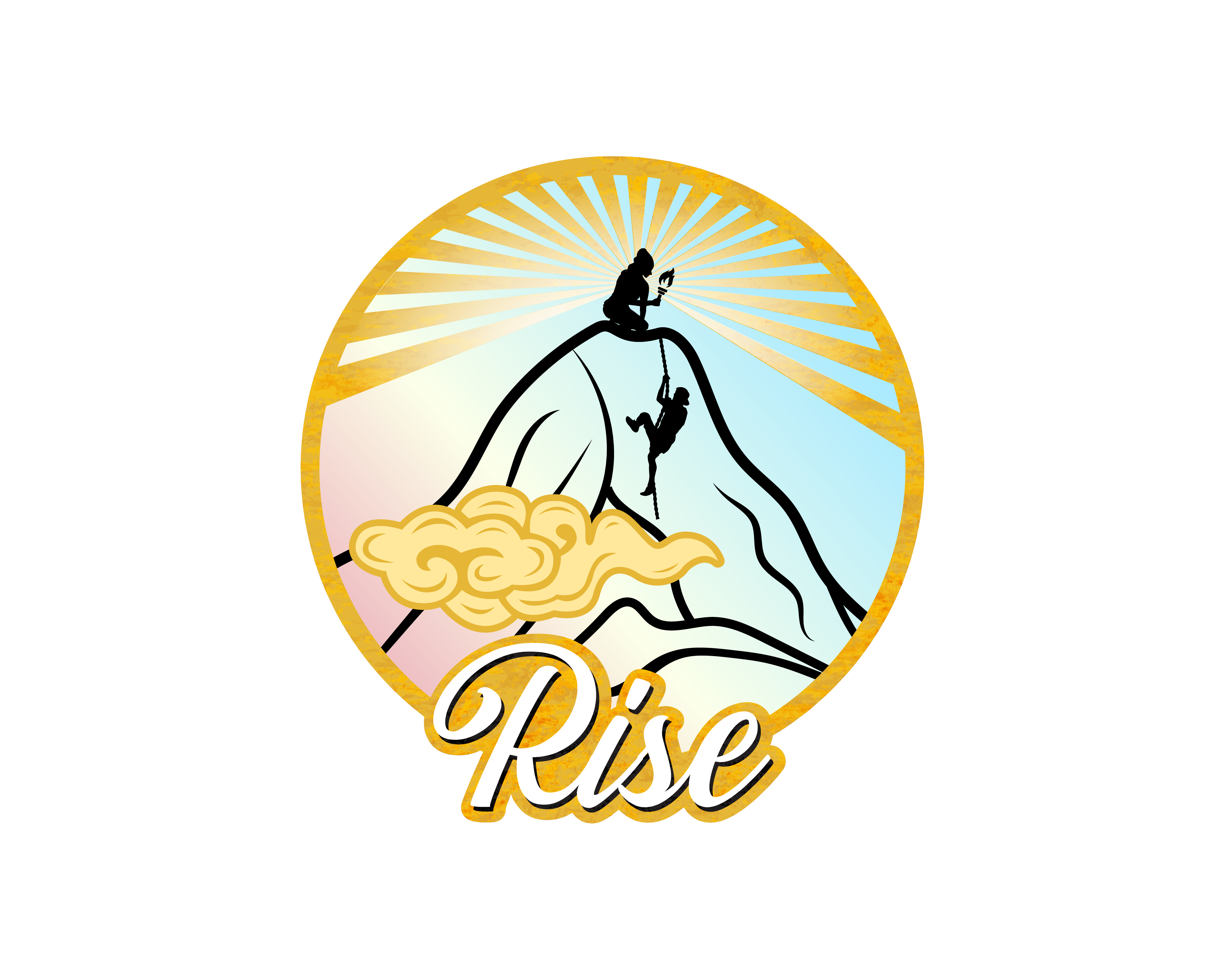Letting go of a relationship follows the same process as mourning a loss. You need to complete the grief cycle of mourning this loss in order to fully heal and move on. Perhaps you don’t actually miss the person it ended with but you are still finding difficulty moving on because there is the need to grieve the loss of hope, time, the potential future you envisioned, a part of yourself that took damage from this relationship (like self esteem), etc.
Everyone grieves differently. One does not have to follow a certain timeline or go in order of the stages to heal faster. Crying, feeling intense anger, emptiness, new urges, are some common symptoms that occur throughout this process. For relationships with less emotional attachment, there may not be a need to experience each stage. Do not suppress or avoid your difficult emotions, but instead allow yourself to experience them fully, with the awareness that they will pass. Avoiding difficult emotions will spillover into other areas of your life or in future relationships. There are commonalities in how we grieve and the following stages are the most common.
- Denial. “This isn’t happening!” You cannot accept that the relationship is over and instead allow yourself to believe that they are just upset and will come back to you. Denying gives you more time to absorb the news and avoid processing the reality right away. It serves as a coping mechanism to numb the intensity of the situation and retain a sense of hope.
Instead, it is better to experience each emotion as they come and be honest with yourself about the reality of the situation. - Bargaining. “I can fix this.” Rather than accepting that it is over, you think about all the ways that you can change in order to get this person back. You intend to do whatever you can to win them back because you can’t imagine not being in a relationship with them after the all the time and energy that was invested. You are more driven my emotion and craving at this stage rather than logic because you forget about all the ways they were responsible in this relationship ending and you plan to take on responsibility for both sides in order to save this.
It is more useful to reflect on this breakup and write about your experience. Record the things that trigger you, your emotions, your strongest memories, the reasons why it ended, your faults, their faults, and what it is about them you truly crave. - Anger. “I hate them for leaving me!” Anger is like an onion in that when you peel back the layers, underlying emotions such as sadness and fear arise. It serves as a mask to these emotions and can be redirected towards your ex, other people, yourself, or even inanimate objects. The mask of anger can lie on a spectrum from bitterness and resentment toward rage and fury. Getting stuck in this stage longterm can look like the bitter divorcee who never remarried and swears off love for good.
Rather than allowing resentment to build, explore what emotions lie underneath this anger through self reflection, counseling, and attempts to physically release it. Boxing is a great way to do this. - Depression. “I will never find anyone to love me again.” This is the stage where you start to accept the fact that your relationship ended and rather than wanting to make changes or get outwardly angry, the tendency is to turn inward and sulk in the emotions or numb them out. It can be a foggy, messy place to be in and more effort is required to get out of this stage.
It is ok to spend more alone time than usual, but a better idea is to ask for support. Humans are social beings and when left in isolation for too long, negative patterns are likely to arise. Allowing other people in for support is also a way to be confronted by negative behaviors that could have damaging effects in the long run. It is harder to give into substance abuse and emotional eating when a supportive friend is challenging your actions and attempting to instill healthier ones. Professional help may also be necessary at this stage if you find it particularly hard to move on. The depressive mood due to the present situation can be linked to deep rooted traumas and core beliefs that need to be addressed and processed. A whole other grieving cycle may be necessary in this case. - Acceptance. “Breaking up was ultimately the best decision. We weren’t meant to be together longterm.” At this stage you accept the outcome of the situation and make decisions to move forward while taking the lesson learned. It does not mean you will feel happy and free by this stage but you are making actions towards feeling like your best self again. It is possible to be triggered back into the other stages if you run into your ex or find out they remarried.
The important thing is to remember how you got out of those stages so that you can do it more efficiently in the future. Have a list of self care resources that you can refer to when you feel down. Journal your entire grieving process to better understand yourself and learn about what you need in order to accept the situation. Nourish your friendships so that you don’t rely all your happiness and fulfillment on romantic relationships.
Once you find acceptance, attempting to forgive is the ultimate freedom. True forgiveness means forgiving yourself and the other person involved. Questions like these help with finding ways to forgive.
What lesson did this relationship serve me?
Would I be who I am today without having experienced this (toxic) relationship?
What can I learn about myself from this and how can I give myself the love I deserve?
Lastly, use your experience of working through grief to help others who are experiencing any type of loss. Completing the cycle builds resilience and allows you to better support others in need.

